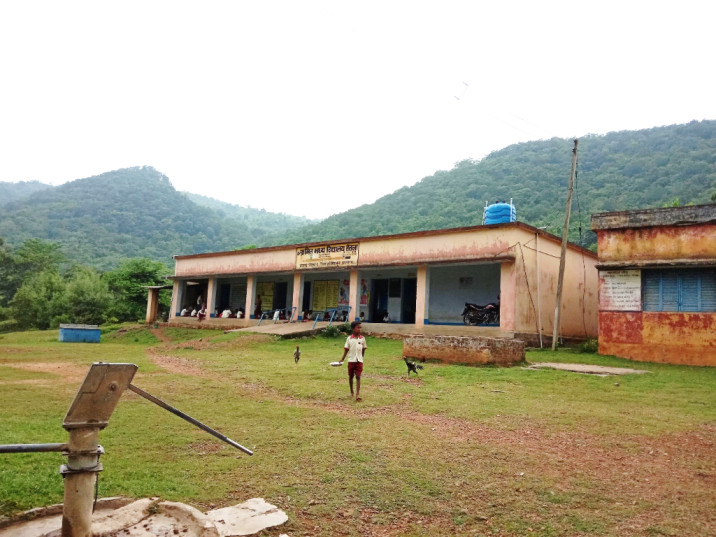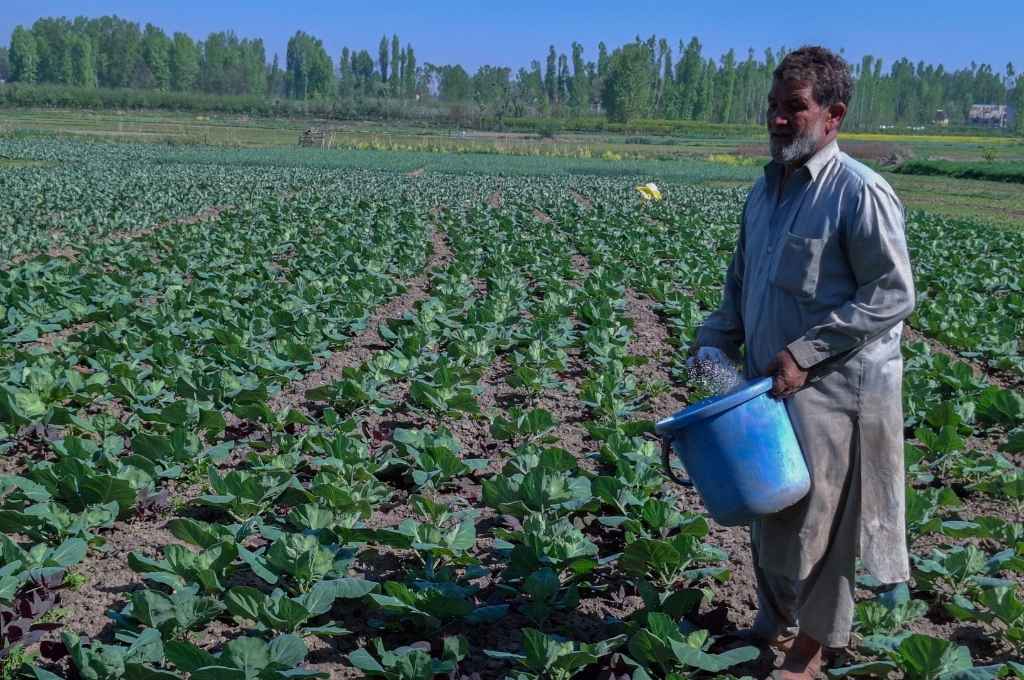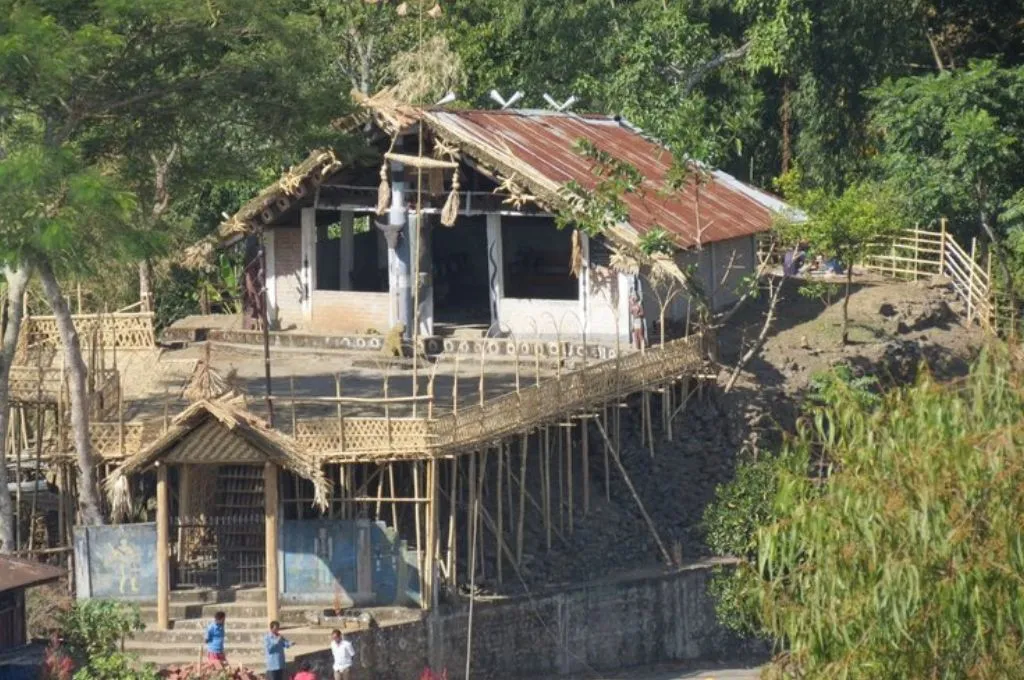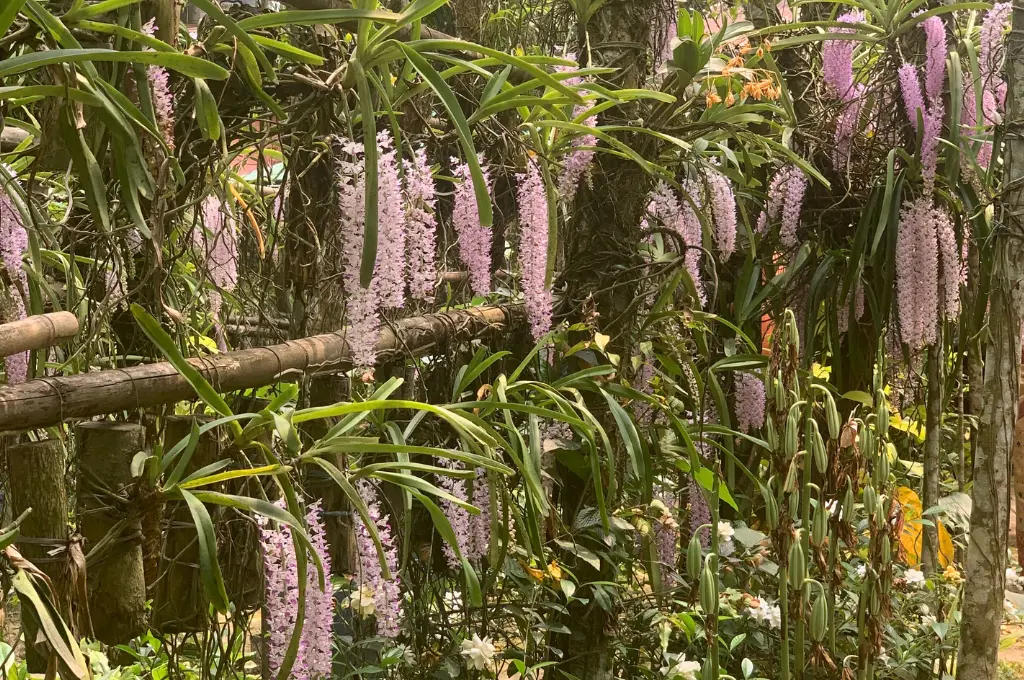Are schools irrelevant?

In the forested hills of southeastern Jharkhand live the Sabars—one of Jharkhand’s eight Particularly Vulnerable Tribal Groups (PVTGs). According to data from the Socio-Economic Caste Census (2011) there are 10,016 Sabars in Jharkhand, where they make up barely 0.03 percent of the state’s population. Over the years, the government has launched a number of interventions to promote education among Adivasi communities, including the Sabars.
In January 2020, I was visiting the Sabar settlements with my team as part of our fieldwork. On the way, we passed by an upper primary school. On speaking with a local Adivasi who resided nearby, we were astonished to learn that there wasn’t a single Sabar child attending the school. Next, we came across a desolate structure, which was supposed to be a primary school for children belonging to PVTGs. The school had two classrooms, both locked. Even though it was the middle of the school day, there were no teachers, cooks, or students anywhere near the building.
As we proceeded up the forested hill, we reached the home of Sukwaro Sabar, who lives in a kachha house with his wife, Sukarmani, and their eight children. When asked about whether their children attend school or not, Sukarmani admitted that they prefer to teach their children traditional skills that will help them earn a living. These skills include weaving bamboo mats, rearing goats, navigating forests, and identifying and collecting various kinds of wild fruits and herbs.
“Our ancestral skills are critical to protecting us from hunger and death, whereas there are practically no benefits to enrolling our children in a government school,” she remarked.
Sukwaro added that his eldest daughter had been enrolled in a residential hostel for Adivasis in a distant district. However, following the summer vacation, she never went again. She couldn’t relate to the contents of curriculum and felt trapped in the hostel premises.
Arpita Sarkar is a Jharkhand-based researcher and development enthusiast and her work predominantly focuses on livelihoods and governance issues.
—
Know more: Read about how the development discourse in India often excludes Adivasi communities.
Do more: Connect with the author at arpitasarkar966@gmail.com to understand more about and support her work.



